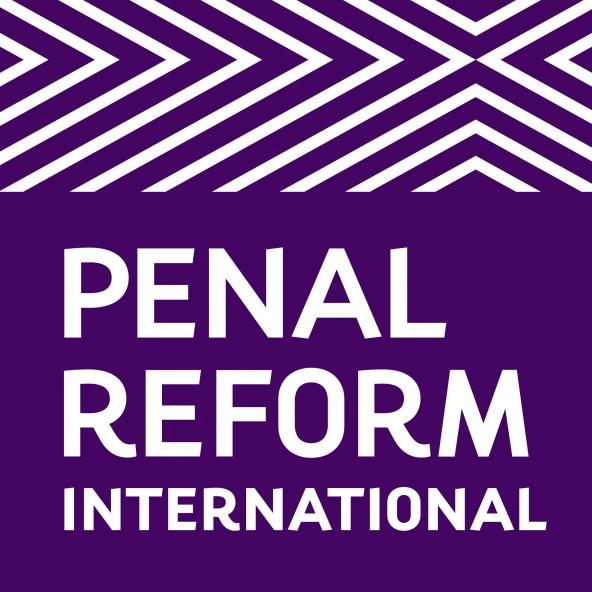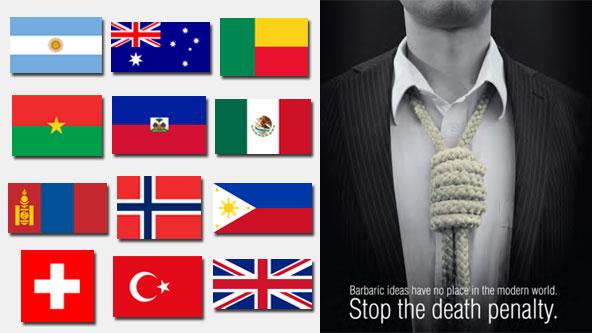Related document(s)
Document(s)
The politics of abolition: Reframing the death penalty’s history in comparative perspective
By Carolyn Strange, Daniel Pascoe, and Andrew Novak, on 5 December 2024
2024
Academic Article
Canada
Cruel, Inhuman and Degrading Treatment and Punishment
Mali
Mexico
Myanmar
Philippines
Trend Towards Abolition
United Kingdom
More details See the document
Literature on opposition to the death penalty typically characterizes abolition as inexorable and attributes its fulfillment to the age of human rights. Although most countries abolished capital punishment after the Universal Declaration of Human Rights in 1948, this article uses three comparative case studies to demonstrate abolition’s entanglement with a broader range of political, legal, and cultural factors. Applying a historically grounded nonteleological approach, we offer three insights. First, civilizationist values drove abolitionism in countries in the “vanguard,” such as Canada and England/Wales, where human rights rationales were expressed well after abolition and as a mark of superiority. Second, death penalty abolition has often allied with decolonization and penal reform, but assertions of independence and sovereignty have periodically provoked reinstatement, as in Mexican and Philippine history, which underscores the fragility of abolition. Third, state-centric approaches to de jure and de facto abolition overlook the practice of extrajudicial and summary “rebel” executions in polities such as Myanmar and Mali, which lack a state monopoly on force. Further historical studies that do not presuppose a human rights explanation of abolition and that compare jurisdictions within as well as between the Global North and South will better grasp the death penalty’s complex history.
- Document type Academic Article
- Countries list Canada / Mali / Mexico / Myanmar / Philippines / United Kingdom
- Themes list Cruel, Inhuman and Degrading Treatment and Punishment / Trend Towards Abolition
Document(s)
Blaming it on the past: Usages of the Middle Ages in contemporary discourses of the death penalty in England
By Death Penalty Research Unit (DPRU), University of Oxford, on 5 February 2024
2024
Academic Article
United Kingdom
More details See the document
Published in December 2023.
In popular, intellectual and political culture, the Middle Ages are intrinsically tied to violent images of public executions. To historians of the medieval period, this temporal attachment of the death penalty to a remote period is puzzling, especially since it is still widely enforced in the world today and was only relatively recently abolished in Europe. Capital punishment is not only a part of history, but a modern-day reality. Why, therefore, do we pin this punishment to the Middle Ages? This paper aims to analyse the discourses surrounding the usage of the Middle Ages in modern discussions on the death penalty, and to clarify medieval practices of capital punishment, showing how remote they are from our contemporary understanding
- Document type Academic Article
- Countries list United Kingdom
Document(s)
Capital Punishment in Twentieth-Century Britain. Audience, Justice, Memory
By Lizzie Seal / Solon, on 8 September 2020
2020
Book
United Kingdom
More details See the document
Drawing on primary research, this book explores the cultural life of the death penalty in Britain in the twentieth century, including an exploration of the role of the popular press and a discussion of portrayals of the death penalty in plays, novels and films. Popular protest against capital punishment and public responses to and understandings of capital cases are also discussed, particularly in relation to conceptualisations of justice.
- Document type Book
- Countries list United Kingdom
- Themes list Trend Towards Abolition, Death Penalty, Country/Regional profiles,
Document(s)
Arguing for the Death Penalty: Making the Retentionist Case in Britain, 1945-1979
By Thomas Wright / University of York, on 1 January 2010
2010
Multimedia content
United Kingdom
More details See the document
There is a small body of historiography that analyses the abolition of capital punishment in Britain. There has been no detailed study of those who opposed abolition and no history of the entire post-war abolition process from the Criminal Justice Act 1948 to permanent abolition in 1969. This thesis aims to fill this gap by establishing the role and impact of the retentionists during the abolition process between the years 1945 and 1979. This thesis is structured around the main relevant Acts, Bills, amendments and reports and looks briefly into the retentionist campaign after abolition became permanent in December 1969. The only historians to have written in any detail on abolition are Victor Bailey and Mark Jarvis, who have published on the years 1945 to 1951 and 1957 to 1964 respectively. The subject was discussed in some detail in the early 1960s by the American political scientists James Christoph and Elizabeth Tuttle. Through its discussion of capital punishment this thesis develops the themes of civilisation and the permissive society, which were important to the abolition discourse. Abolition was a process that was controlled by the House of Commons. The general public had a negligible impact on the decisions made by MPs during the debates on the subject. For this reason this thesis priorities Parliamentary politics over popular action. This marks a break from the methodology of the new political histories that study ‘low’ and ‘high’ politics in the same depth.
- Document type Multimedia content
- Countries list United Kingdom
- Themes list Death Penalty, Country/Regional profiles,
Document(s)
Pierrepoint: The Last Hangman
By UK Film Council, on 1 January 2005
2005
Multimedia content
United Kingdom
More details See the document
Motion picture on the life and times of Albert Pierrepoint – Britain’s most prolific hangman.
- Document type Multimedia content
- Countries list United Kingdom
- Themes list Public debate, Trend Towards Abolition, Death Penalty,
Document(s)
The Shadow of the Gallows: The Death Penalty and the British Labour Government, 1945-51
By Victor Bailey / Law and History Review, on 1 January 2000
2000
Article
United Kingdom
More details See the document
Exactly what went wrong and why is the theme of this article. How and why did the Labour government, despite its massive majority in Parliament and a long-standing commitment to abolition, fail to get rid of the death penalty? Why was this “window of opportunity” to abolish capital punishment shut for another decade and a half? The answers to these questions will be sought primarily in the realm of government and Parliament.
- Document type Article
- Countries list United Kingdom
- Themes list Public opinion, Public debate,










